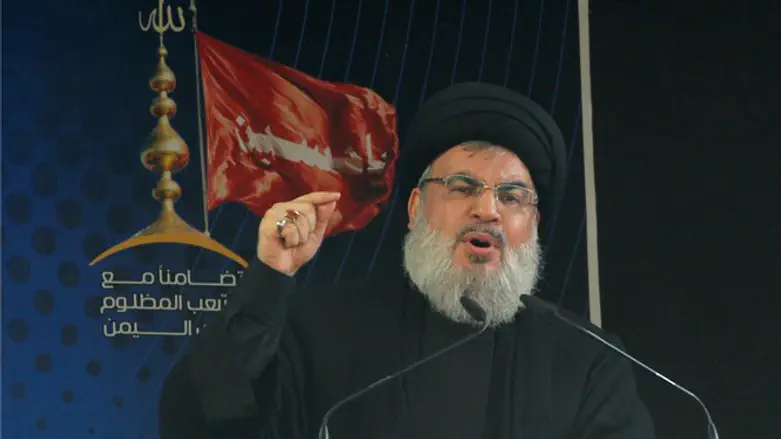
The United States and its Gulf partners on Wednesday imposed additional sanctions on the leadership of the Hezbollah terrorist organization, including its Secretary-General Hassan Nasrallah and his deputy Naim Qassem.
The U.S. Treasury Department said four other individuals were also sanctioned, as was the Islamic State (ISIS) in the Greater Sahara. It was the third round of sanctions announced by Washington since the United States pulled out of the Iran nuclear deal last week.
Wednesday’s sanctions targeted members of the primary decision-making body of Hezbollah, Treasury said in a statement quoted by Reuters.
“By targeting Hezbollah’s Shura Council, our nations collectively rejected the false distinction between a so-called ‘Political Wing’ and Hezbollah’s global terrorist plotting,” Treasury Secretary Steven Mnuchin said.
The measures were imposed jointly by Washington and its partners in the Terrorist Financing and Targeting Center (TFTC), which includes Saudi Arabia, Bahrain, Kuwait, Oman, Qatar and United Arab Emirates, it said.
A number of those targeted by the TFTC had been previously blacklisted by the United States.
On Tuesday, the United States imposed sanctions on Iran’s central bank governor and an Iraq-based bank for “moving millions of dollars” for Iran’s elite Revolutionary Guard.
Last week, the U.S. Treasury imposed sanctions against six individuals and three companies it said were funneling millions of dollars to the Revolutionary Guard’s Quds Force.
In February, the United States levied sanctions against six individuals and seven businesses with alleged links to Hezbollah financier Adham Tabaja, a Lebanese businessman who is believed by to be one of Hezbollah's top five money men.
Washington has in the past imposed sanctions on Nasrallah and two other members of the organization, for their alleged role in aiding the Syrian government in its crackdown on opposition forces.
In October, Washington offered multimillion-dollar rewards for two Hezbollah officials as the Trump administration developed its strategy for countering Iran’s growing regional influence.

